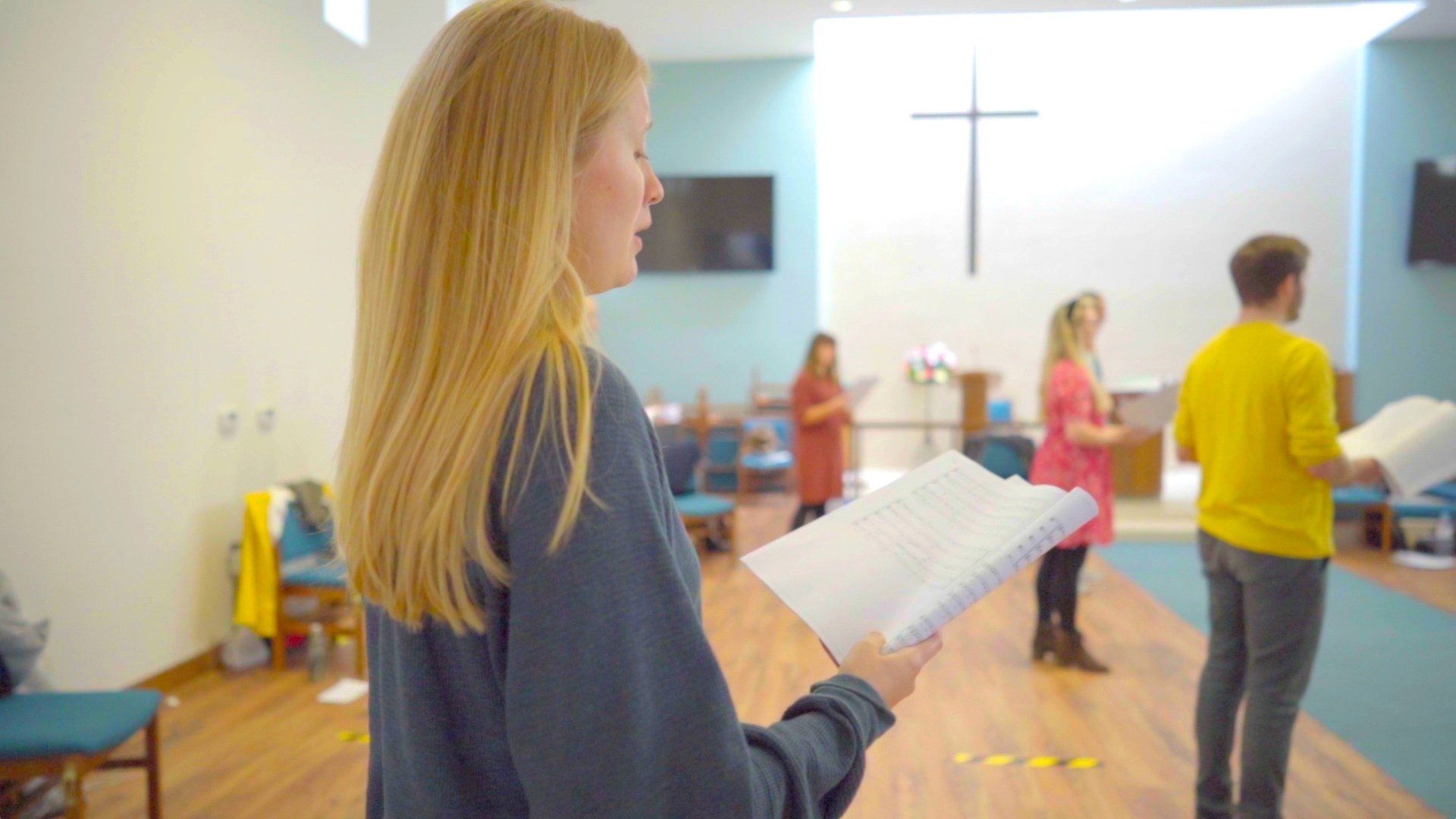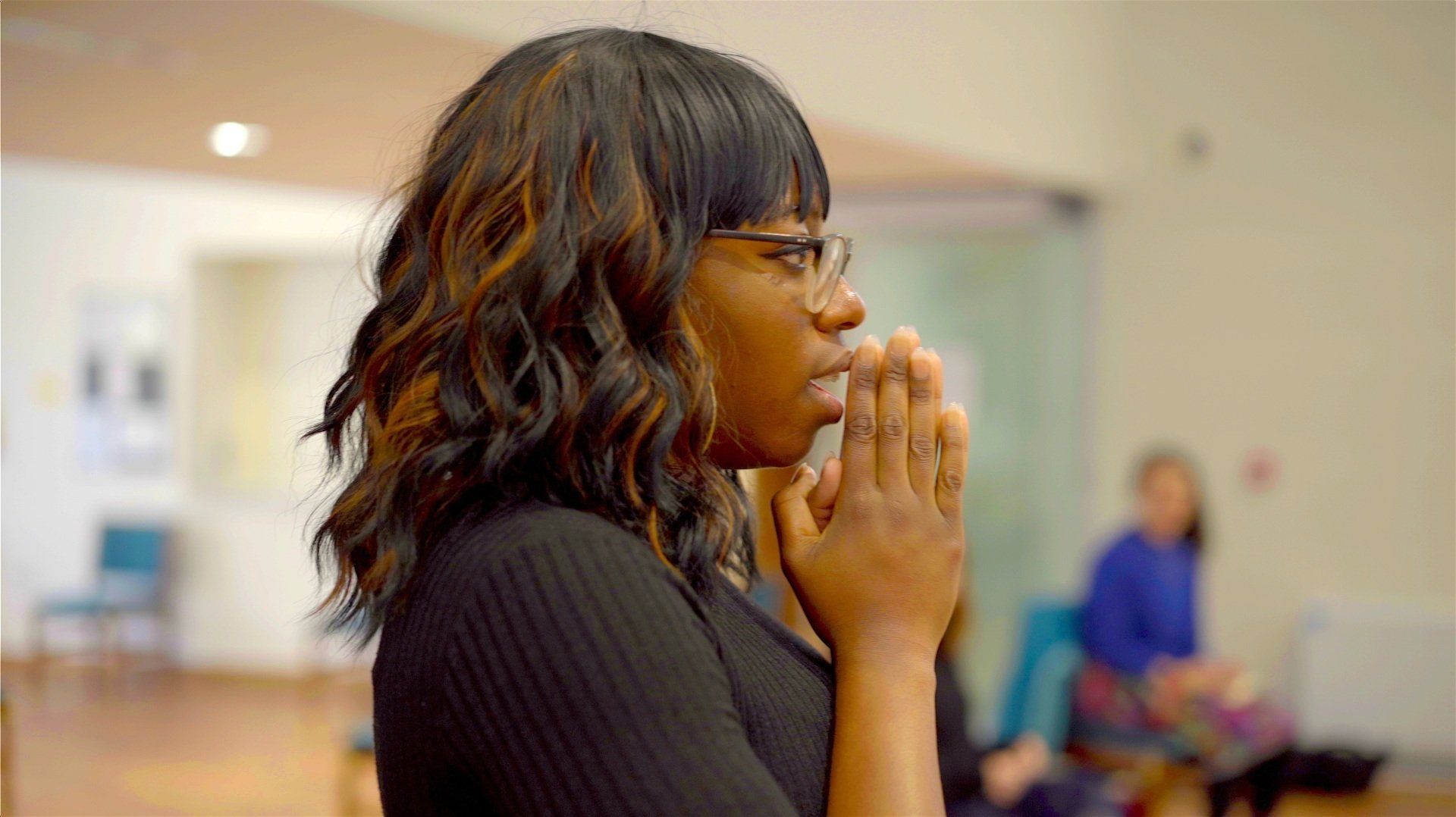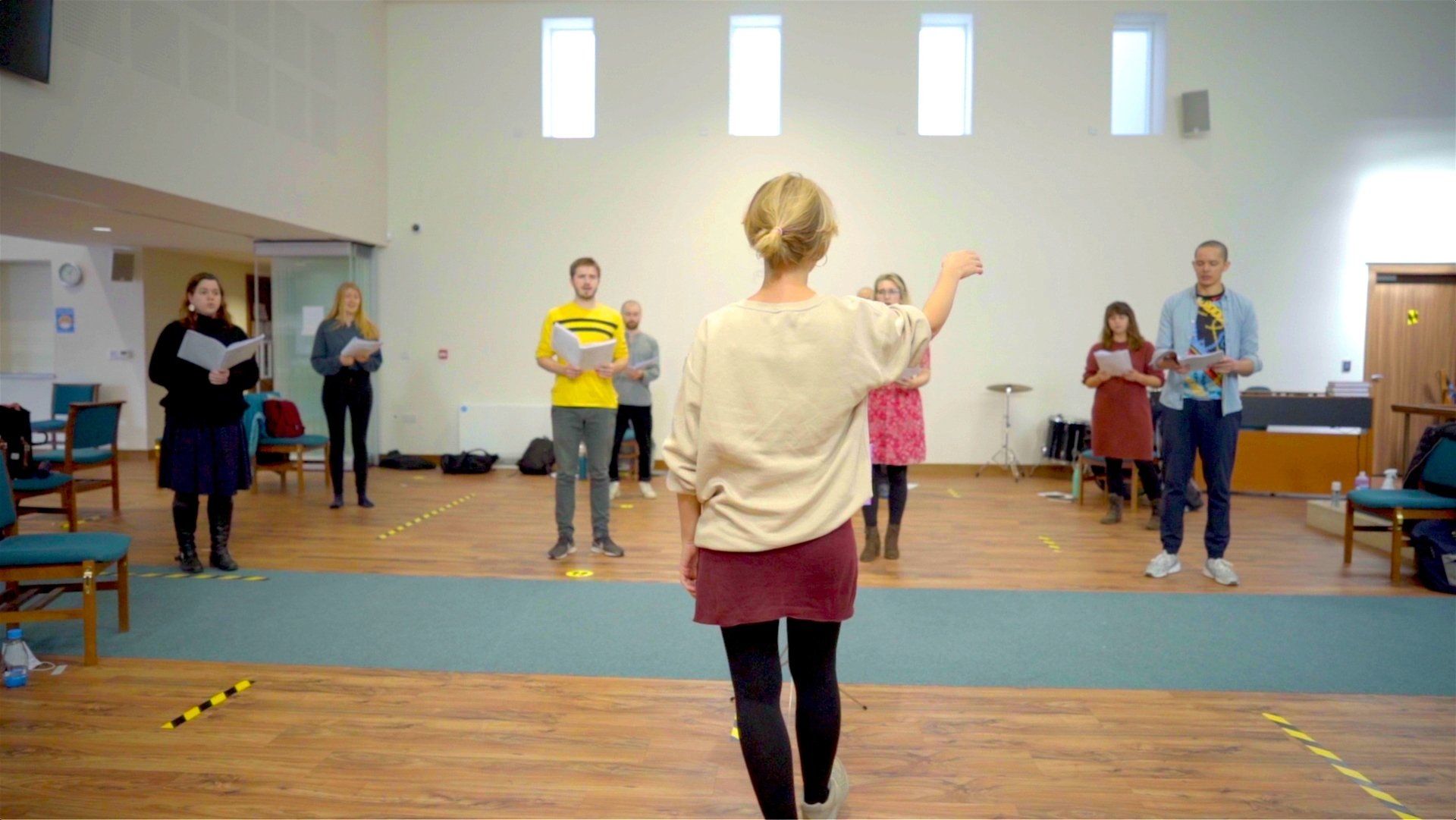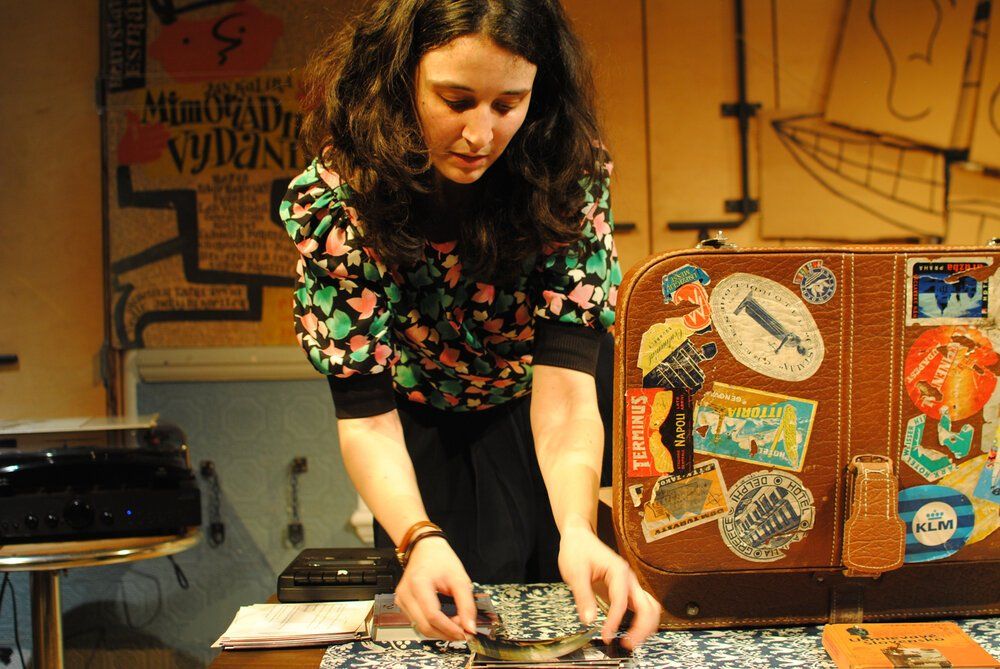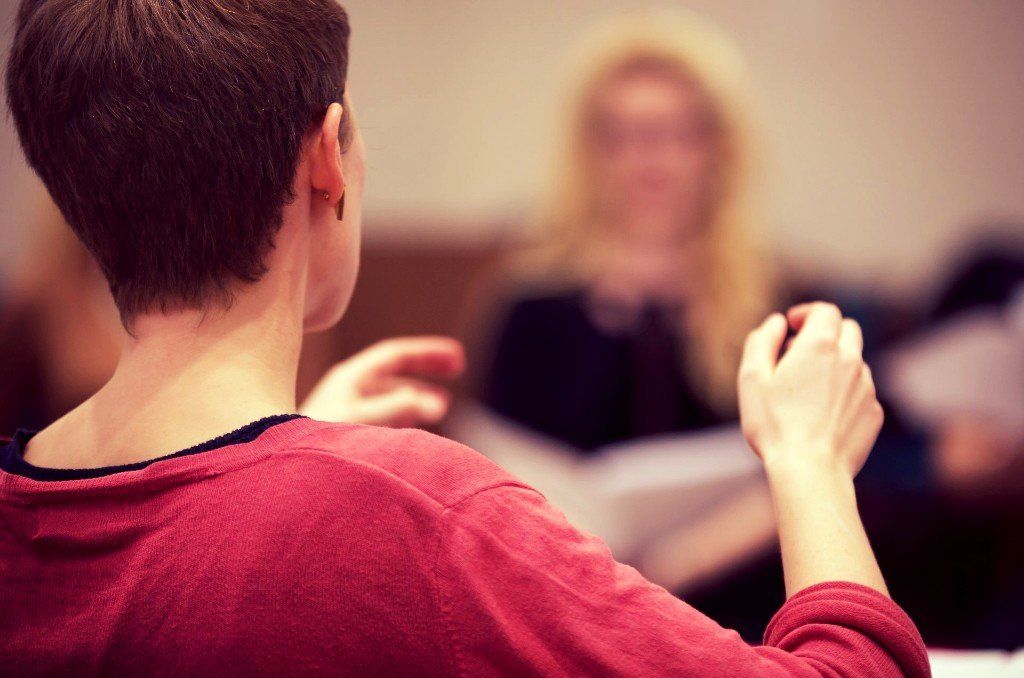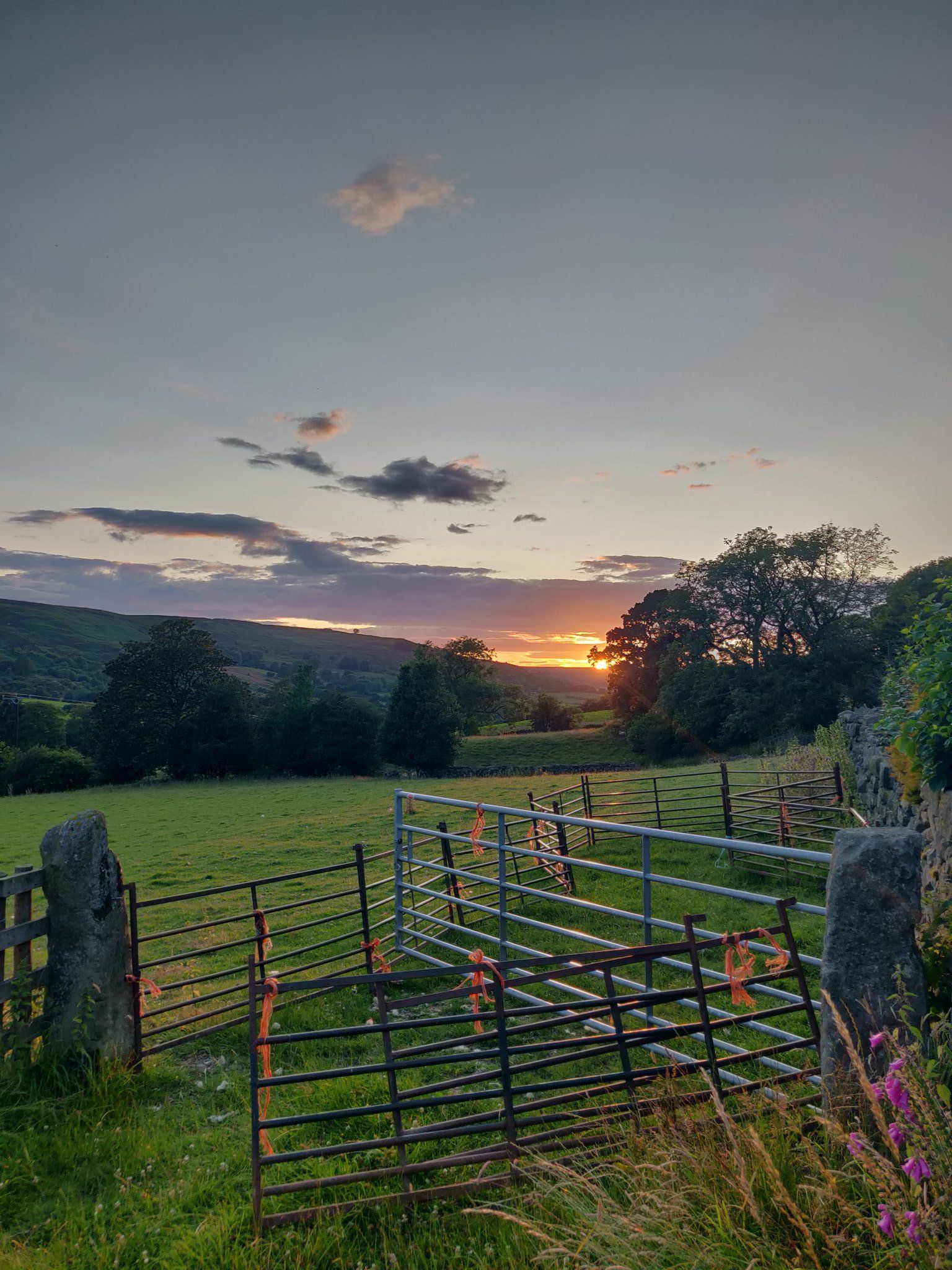Listening to Lassus
When Lassus was 20 he moved to Rome, where he lived for four years. In the 1550s, various genres of Italian music thrived in salons where groups of writers, poets and composers met to discuss each other's works and circulate them before being printed.
The salons acted as host to a kind of 'group improvisation', where writers and composers were both readers and producers simultaneously. Taking inspiration from this way of working, our Listening to Lassus piece involves live improvisation, in the room, not only from the singers but from our collaborators and audiences.
COLLABORATORS
Aminita Francis is an actor-devisor and vocal artist whose practise revolves around using the human voice to tell stories. She specialises in song, beatboxing, spoken word, rap, live looping and vocal processing, and she plans to work with the singers to encourage them to use the full capabilities of the human voice in rehearsal and performance, alongside devising improvisations as a group.
Conductor Sarah Latto leads an online singing session in which she will teach you Lassus' 'Matona Mia Cara' and develop some skills to improvise around it, alongside the Echo singers.
No sheet music or prior singing experience needed!
This event has now premiered; take part by playing the video below:
We need YOU!
We would love YOUR help with our research. We're hoping to find out about your listening tastes, your most memorable musical moments, and what kinds of things you listen to on a day to day basis (birdsong, traffic and children all included!).
We're also hoping to play you some snippets of music to gauge your initial reactions. If you're interested in getting involved, please get in touch - it will involve you having headphones, a computer, an internet connection and 10 minutes to spare.

